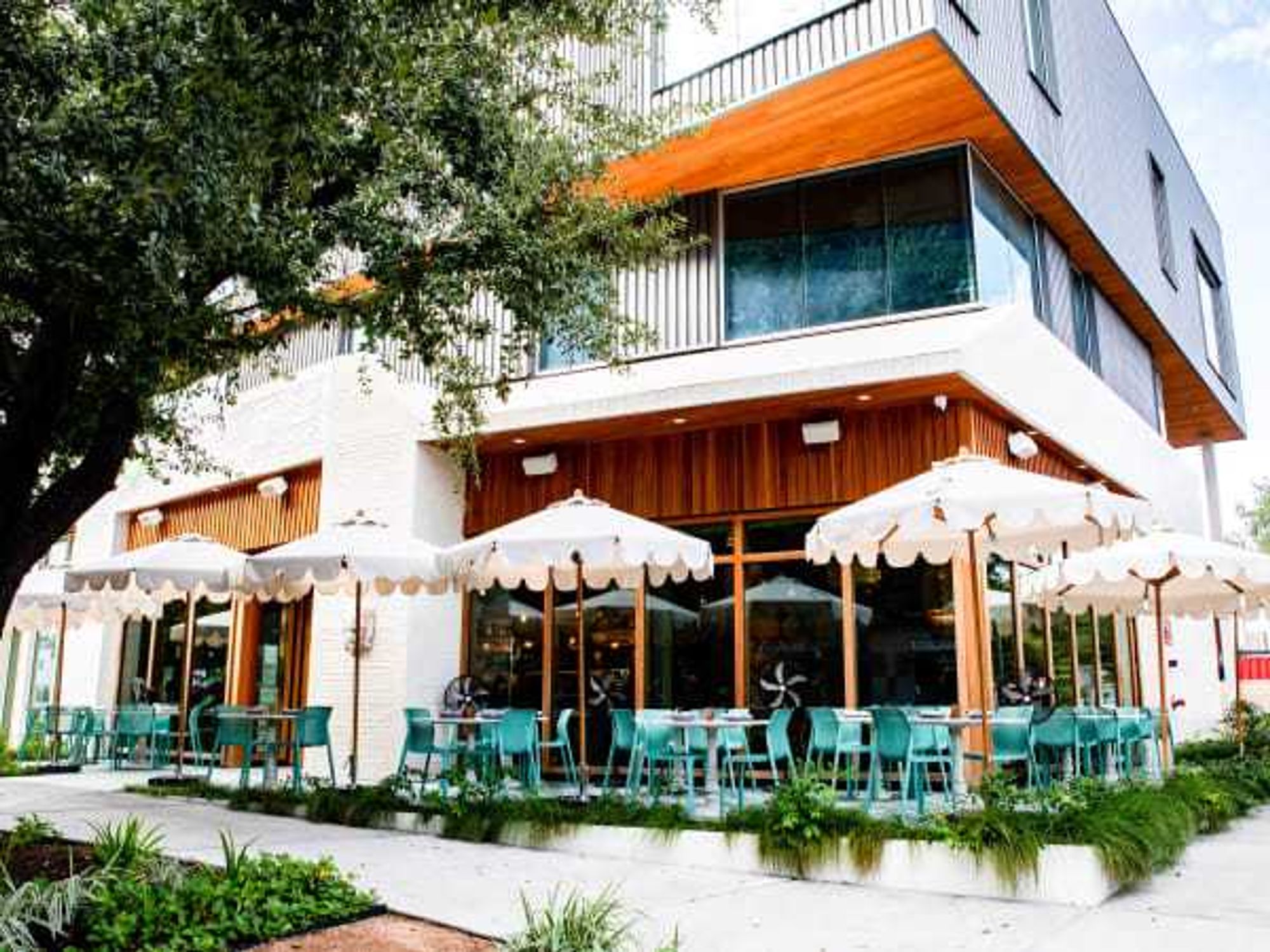Dine on & drink up
Nationwide, rising restaurant prices take a bite out of diners' wallets — butnot in Houston
Boosting consumer confidence and rising food and fuel costs are translating to higher menu prices on restaurant menus, reports Bloomberg. Is the dreaded hand of inflation taking hold of the Houston dining scene? Not so, according to a handful of local restaurant operators.
"We're really resisting increasing prices," says Susan Bennett, operating partner for the Schiller Del Grande Group, whose holdings include RDG + Bar Annie, Café Express, Ava Kitchen & Whiskey Bar and Alto Pizzeria.
"We are definitely seeing a price increase in food, but we're sensitive to what's going on in the economy. In order to not pass on the higher price of food, we go for more creative solutions."
Buying local, in-season foods is a win-win, as transit costs are eliminated and the product quality is superior. "We're redesigning some menu items," says Bennett. For example, rather than cutting portions, their chef is replacing the autumnal accompaniment to lamb, pomegranate, with spring peas. Such details make coping with costs more manageable. Similarly, a spring vegetable soup is on the way.
"These are things that all restaurants can do," says Bennett. "Just passing on the cost to customer isn't in our realm of thinking."
"We're really not raising prices," echoes Bill Floyd, owner of Reef, Stella Sola and El Real Tex-Mex.
Each respective restaurant concept comes with its own set of budget spikes. Consider the seafood-heavy menu at Reef, which incurred a 25-percent increase in the cost of shrimp following the Transocean oil spill. "We took a pretty big hit last summer when we didn't raise prices, but we've towed the line," Floyd tells CultureMap, explaining that seafood prices have bounced back to levels close to those before the Gulf catastrophe. Still, prices at Reef haven't risen in over a year.
Then there's the cost of fajita steak, one of the main commodities at the recently opened El Real. "There's no question that the price of meat has gone up because of feed, but we are making a conscious effort to keep El Real's pricing below comparable Mexican restaurants," says Floyd.
It's no secret that local restaurants fared much better as the recession ravaged both coasts and the Midwest. "The oil and gas and medical industries buffered us from going through what the rest of the country went through," says Floyd.
In some cases, the recession was a boon for oenophiles, who savored dropping digits on restaurant wine lists. And it looks like those reasonable tariffs are here to stay, as restaurants have witnessed the benefit of lower markups. Consider Brasserie 19, which opened to positive reviews for its generously-priced wine offerings.
"The beverage component is an area that's less volatile," explains Bennett of the Schiller Del Grande Group, which has employed a reverse happy hour at Ava to boost sales.
When New Orleans-style stalwart Brennan's of Houston reopened in 2010, owner Alex Brennan-Martin opted to lower the wine markup. "Our sales on wine per person is up because of the adjustment," he explains. "We're actually just selling more now." Otherwise, Brennan's hasn't experienced dramatic menu hikes. Brennan-Martin reports that customer checks are less than one dollar higher than they were a year ago.
So, hungry Houstonians, dine on — and drink up.
